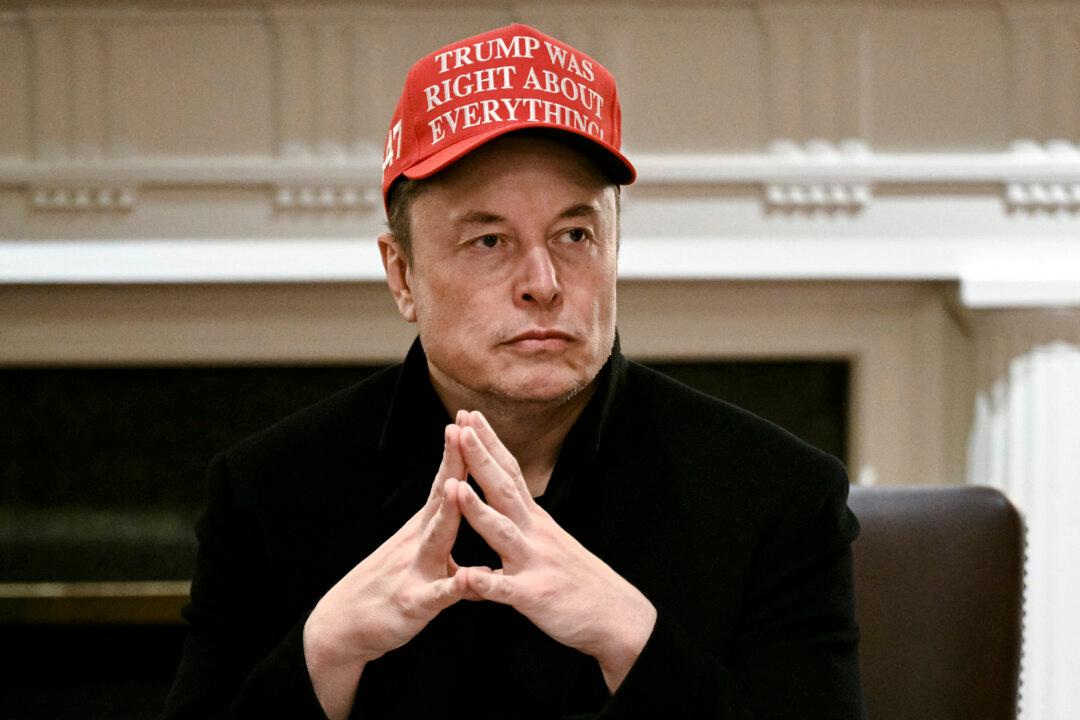Arthur Sinodinos, the former Australian ambassador to the United States, expects tech giant Elon Musk to play a bigger role in streamlining the trilateral AUKUS partnership.
The comments come after U.S. President Donald Trump signed an executive order aimed at revitalising the U.S. shipbuilding industry, with the tech billionaire assigned to review the country’s submarine construction on April 10 (AEST).





